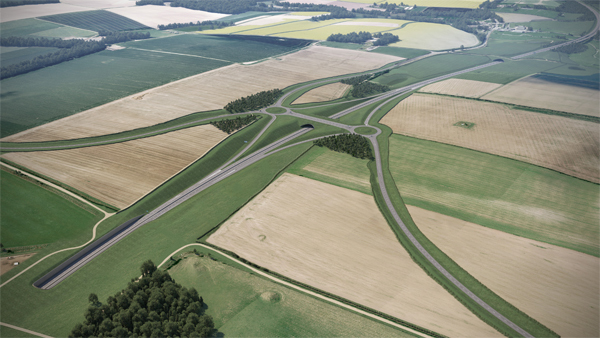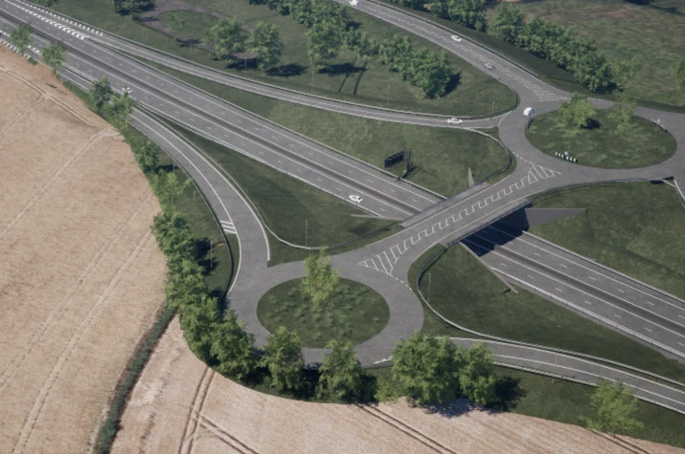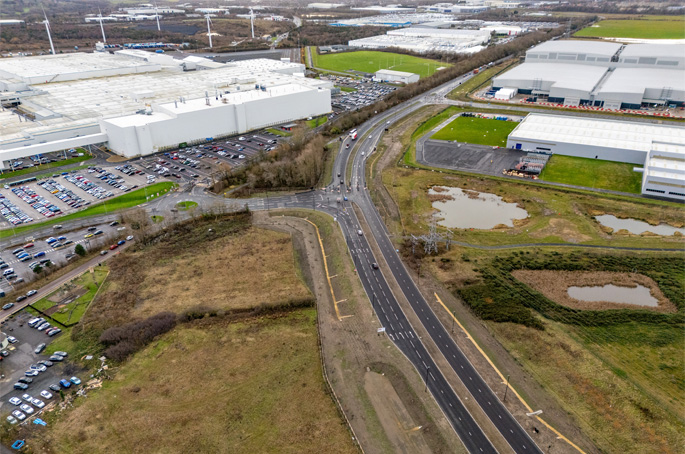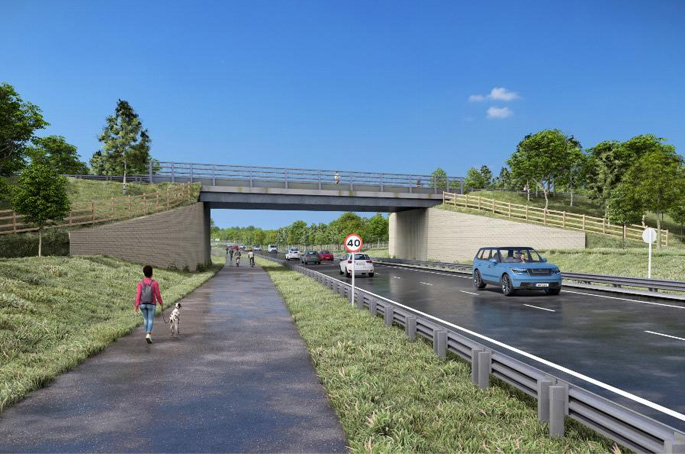The Government is rethinking the way that road and other transport schemes are assessed alongside its review of whether existing projects provide value for money, the transport secretary has said.
Louise Haigh said: ‘I don't think the way that we assess transport schemes is sufficient at the moment and we're doing some thinking around at the moment, partly because the way that infrastructure is measured it means that most of it is directed in London and the Southeast, because that's where you get your biggest productivity gains.
‘So if you're doing transport investment in the north of England, it's not worth as much, it doesn't it doesn't generate as big of return on your investment. So there's an issue with here tackling the regional unfairness in that.'
The previous Government changed its Green Book guidance on assessing spending plans to help address this issue but its 2020 National Infrastructure Strategy cited the A303 Stonehenge tunnel as part of the two-thirds of road investment schemes that were outside the Southeast.

One of many designs for the cancelled A303 Stonehenge tunnel
Last month chancellor Rachel Reeves scrapped both the £2bn A303 scheme and the £320m A27 Arundel Bypass, whose cancellation was a Labour manifesto commitment, after declaring a £22bn gap in the public finances for the current year, including £2.9bn of unfunded transport commitments.
Ms Haigh also launched an internal review of her department's capital spend portfolio.
Speaking to the Streets Ahead podcast last week, she was highly critical of the previous Government's approach to transport schemes.
She said: ‘In previous years, schemes have been pursued that did not good represent good value for money for the taxpayer and what I'm doing now is doing a proper review of all infrastructure that was in train, both started and was in design or was earlier down the track, to make sure that we've got the best value for money, but that we are assessing those in the right way.'
Ms Haigh's criticisms were echoed by a senior figure at the National Audit Office (NAO). Jonny Mood, director, transport value for money at the NAO, told a conference last week that ‘Whitehall has a governance problem when it comes to really big projects'.
He said: ‘We keep coming across examples of decisions to proceed in those projects not being accompanied by sufficiently robust assessments of affordability, realistic assessments of affordability.'
Mr Mood was responding to a question about the A303 scheme and comments from Chris Todd, director of Transport Action Network, who told the conference that the decision to cancel the scheme after spending significant effort and money progressing it ‘was easily avoidable'.
He said: ‘You know, the panel that sat through the examination, five planning inspectors recommended refusal. The scheme should have not got any further if we were listening to the evidence. And that would have saved all the fraught time, delays, wasted money, etc.
‘And it's also another very good example where National Highways' figures have not been scrutinized. There was no real consideration of alternatives, the £1bn worth of heritage benefits, which you know, quite honestly, didn't stand up to any scrutiny whatsoever.'
































